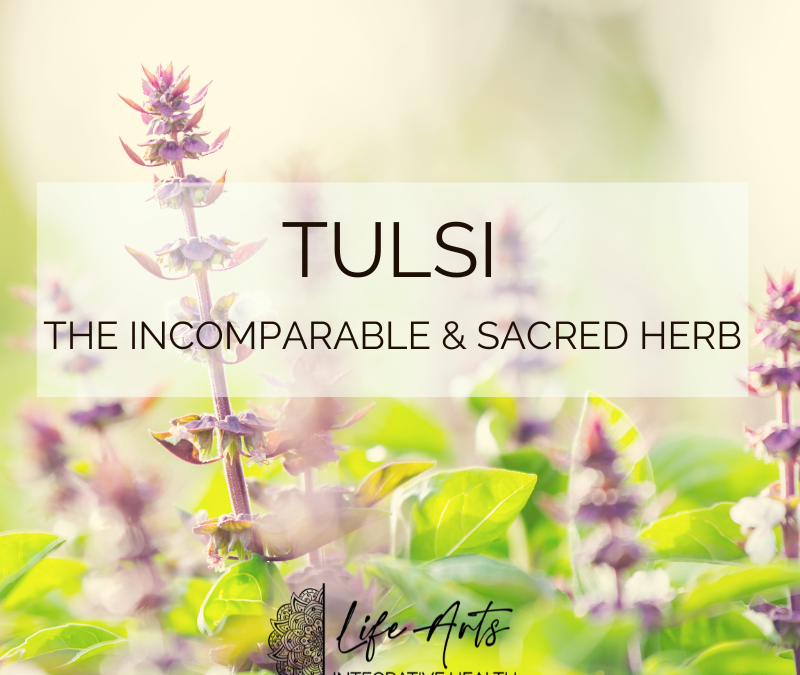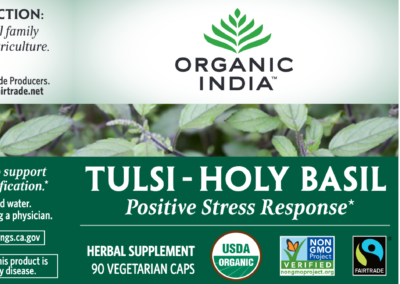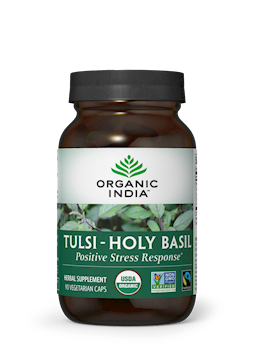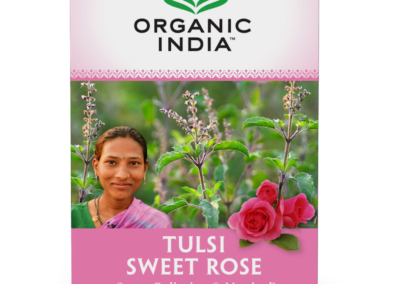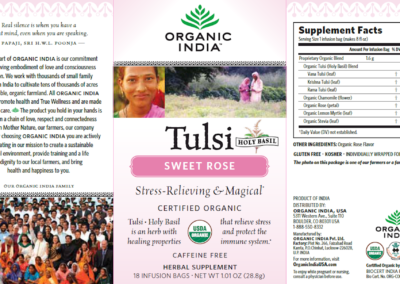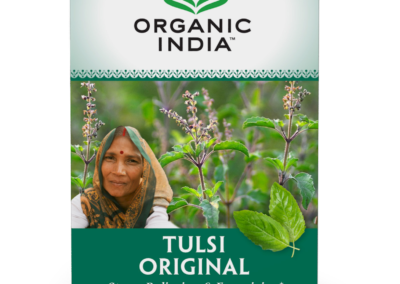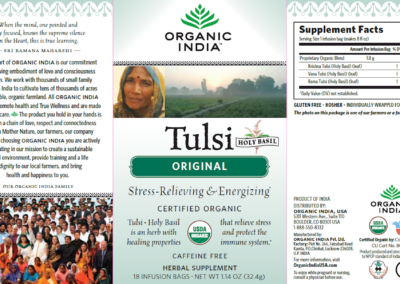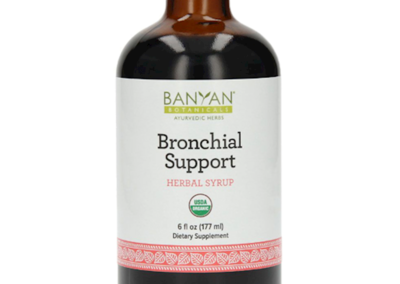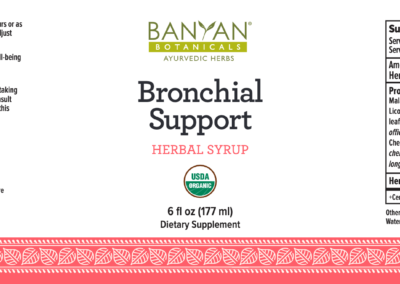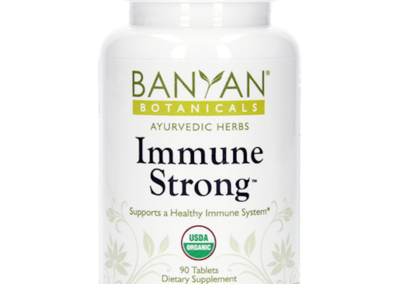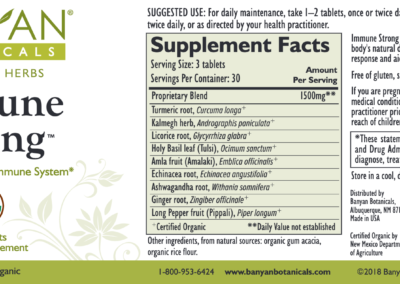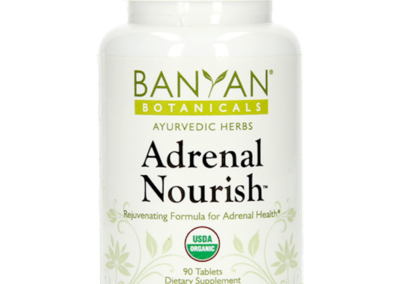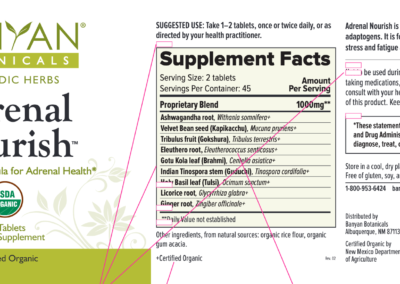Love at first smell (and sight)
Absorbed in deep communion during a Plant Initiation Weekend, I was seeking to meet the spirit of Tulsi. A lovely spicy aroma began to envelop me, then I saw her. She was dancing. Green robes and gold swirled, moving and spinning a little like the ballerina in your first jewelry box. Tulsi danced in a shaft of gold-green light, clearly enjoying herself immensely.
She looked at me with a sparkle in her emerald eyes, and said “So, what shall it be today?”
I was smitten – enchanted – and remain so to this day.
This post contains affiliate links. If you purchase through an affiliate link, I may receive a small commission at no additional cost to you. Thank you. You can read my full disclaimer here.
Introducing…Tulsi
Tulsi is a powerful medicinal and culinary plant. Also known as Holy Basil or Sacred Basil, it has been used for centuries in Ayurveda, which is a traditional system of medicine that includes yoga therapy that originated in India. In the ancient language of Sanskrit, the word “Tulsi” means “the incomparable one”.
This blog post will explore the integrative nature of Tulsi and how it can benefit your overall health and well-being. We’ll review the integrative biochemical properties as well as an Ayurvedic health and metaphysical perspective. Tulsi’s natural rhythms and abilities can synchronize with your own internal biological clocks, much like nature’s timekeepers, the solstice and equinox. Each of these aspects of The Incomparable One can help you to maintain a calm balance in our hectic modern world.
Biochemical & Genetic Properties of Tulsi
Tulsi holds immense spiritual significance. It also possesses a range of powerful biochemical properties. Let’s delve into Tulsi’s composition and explore its health-enhancing properties. Those properties create an impressive array of effects on your physiological systems.
Chemical & Genetic Composition of Tulsi
Sacred Basil contains numerous bioactive compounds that contribute to its therapeutic potential. It contains essential oils, flavonoids, tannins, phenolic compounds, and vitamins such as vitamin A and vitamin C. Its essential oil is a rich source of bioactive compounds, such as camphor, eucalyptol, eugenol, alpha-bisabolene, beta-bisabolene, and beta-caryophyllene. The complex composition of the plant taken in the whole form is what provides Tulsi’s unique range of benefits. The whole genome of Holy Basil is available, and sequence analysis suggests that compounds in the herb interact with genes for metabolite synthesis pathways in a variety of helpful ways.
Tulsi the antimicrobial, anti-inflammatory, antioxidant & adaptogen
Holy Basil leaf extract has topical and systemic antimicrobial-antibacterial properties. Due to the great variety of phytonutrients (plant nutrients), it acts as an adaptogen, meaning that it works in a variety of ways in a variety of pathways to establish or maintain homeostasis (balance).
A key reason for Tulsi’s widespread use is its potent antioxidant and anti-inflammatory properties. Flavonoids and phenolic phytocompounds have antioxidant activity, which helps combat oxidative stress and the damage caused by too many free radicals (oxygenated species naturally created by metabolism that the body clears – in part with an antioxidant-rich diet) in the body. By neutralizing excessive free radicals, Tulsi supports cellular health and so helps prevent various chronic diseases.
In addition to its antioxidant effects, Tulsi also exhibits anti-inflammatory properties. The active compounds (eugenol and linolenic acid, among others) in Tulsi help reduce inflammation by inhibiting the production of pro-inflammatory molecules in the body. This anti-inflammatory action can help calm symptoms associated with inflammatory conditions like arthritis and promote overall well-being.
Like other whole foods, Tulsi’s complex nutritional phytochemistry (plant-chemistry) creates a multifaceted profile of health-promoting properties. That’s what food-as-medicine is all about.
Tulsi in Ayurveda
The Ayurvedic system recognizes the holistic nature of health and well-being. Ayurveda and other holistic indigenous systems are the original integrative medicine – and the original food-as-medicine science. The elegant system of Ayurvedic nutrition relies on mindful seasonal whole-food eating and uses tastes (sweet, sour, salty, bitter, pungent & astringent) to balance the elements (earth, water, fire, air, and ether) within an individual. Tulsi is valued for its medicinal properties to support the mind, body, and spirit in a food-as-medicine approach.
Ayurvedic classification & actions
In Ayurveda, Tulsi is thought to promote longevity and rejuvenation, so it’s classified as a “rasayana” herb. It is also classified as a “tikta” herb, which means it has a bitter taste. It is considered “ushna” (hot) in potency.
These qualities make Tulsi beneficial for balancing the Kapha and Vata doshas (Ayurvedic constitutions). Doshas are the energies derived from elemental makeup responsible for an individual maintaining physiological, psychological, and whole-being balance. Tulsi is known to pacify (balance) excess Kapha and Vata. The plant is said to enhance the flow of prana, or life force energy, through the body, helping to promote physical and emotional well-being.
Metaphysics of Tulsi
Sacred Basil is believed to have metaphysical (beyond or outside material reality) properties and is a potent integrative medicinal herb. In Ayurveda Tulsi is considered to have a divine essence that can purify the mind, physical body, and soul.
Tulsi is a powerful tool for meditation as it helps to clear the mind and increase focus. It is associated with the element of fire, which represents transformation and purification in Ayurveda and other indigenous traditions.
Tulsi & Lakshmi
The plant is believed to have originated from the tears of the Hindu goddess Lakshmi and is an earthly embodiment of her divine energy of abundance, healing, beauty, and goodwill. It is often used in rituals to honor Lakshmi and to seek her blessings for wealth, prosperity, and good fortune. Sacred Basil is also associated with Lord Vishnu (the protector and defender of the universe in balance), who is believed to reside in the plant in the form of his consort, Lakshmi.
The story of Tulsi is closely linked to the important Hindu epic, Ramayana. In the story, Lakshmi is the wife of a demon named Jalandhar, who is eventually and dramatically defeated by Lord Vishnu. Lakshmi is heartbroken by the loss of her husband and curses Lord Vishnu. As a result of her curse, Vishnu is forced to take birth on earth as Lord Rama and undergo the trials and tribulations of mortal life. Later, Lakshmi and Lord Vishnu fall madly in love. So yes, it’s complicated but passionate.
Here they are.
Effects of Tulsi on Physiological Systems
Tulsi’s bioactive constituents have a profound yet subtle impact on various physiological systems, making it a hard-working and versatile herb with a wide range of potential health benefits. Remember that most whole herbs have a similarly complex action because of their complex nutritional makeup.
Tulsi in Integrative Medicine
Holy Basil’s complex biochemistry as well as its metaphysical benefits make it a compelling adjunct to a number of Western integrative therapies, in addition to being a central herb in Ayurveda.
Tulsi’s bioactive constituents have a profound yet subtle impact on various physiological systems, making it a hard-working and versatile herb with a wide range of potential health benefits. Remember that most whole herbs have a similarly complex action because of their complex nutritional makeup.
Tulsi & Immune Health
One of the key benefits of Tulsi is its ability to strengthen and regulate the immune system. This herb contains powerful bioactive compounds that enhance the body’s natural defense mechanisms. Tulsi is rich in antioxidants, such as flavonoids and phenols, which help to neutralize harmful free radicals and reduce oxidative stress in the body. By reducing oxidative stress, Tulsi supports a healthy immune response and helps to protect against infections and diseases.
Additionally, Tulsi possesses antimicrobial and antibacterial properties that can help fight against various pathogens, including bacteria, viruses, and fungi. It acts as a natural immunomodulator, regulating immune function and promoting a balanced immune response. Regular consumption of Tulsi can strengthen your immune system and possibly improve your body’s ability to ward off illnesses.
Anti-cancer Properties of Tulsi
Research suggests that Tulsi may also exhibit anti-cancer properties, making it a valuable herb in cancer prevention and management. Studies have shown that Tulsi extracts can inhibit the growth and spread of cancer cells, and even induce apoptosis (programmed cell death) in certain types of cancer. The active compounds found in Tulsi, such as eugenol, rosmarinic acid, and apigenin, possess potent antioxidant and anti-inflammatory effects that can help protect cells from DNA damage and inhibit tumor formation.
Additionally, Tulsi has been found to enhance the effectiveness of conventional cancer treatments like chemotherapy and radiation therapy, while also minimizing their side effects. Its natural compounds can help protect healthy cells from damage and improve overall treatment outcomes. While more research is needed, Tulsi shows promising potential as an adjunct therapy in cancer prevention and treatment.
Tulsi, Stress & Cortisol
In our fast-paced lives, stress and anxiety seem to be the price of the full and busy lives we often lead. Fortunately, Sacred Basil can help us find balance and serenity amidst the chaos. Let’s delve into the use of Tulsi in managing stress and anxiety, exploring its impact on cortisol levels, weight management, polycystic ovarian syndrome (PCOS), and blood pressure.
When we experience stress, our adrenal glands release cortisol, a hormone with far-reaching effects on many of your body’s systems. Elevated cortisol levels can contribute to various health challenges, including weight gain, hormonal imbalances like PCOS, and high blood pressure. Tulsi’s adaptogenic action assists in regulating cortisol levels, promoting a healthy stress response, and restoring neurological and metabolic equilibrium.
Sacred Basil is also known to have an uplifting effect on mood and cognitive function. It can help improve focus, concentration, and mental clarity, making it an excellent herb for supporting healthful behavior change and overall mental well-being.
Additionally, Tulsi has shown promise in maintaining healthy blood pressure levels. Chronic stress and anxiety can contribute to elevated blood pressure, increasing the risk of cardiovascular problems. Tulsi’s adaptogenic properties aid in reducing stress and its impact on blood pressure, promoting a healthier cardiovascular system.
Beyond medicine, Sacred Basil also has benefits for skin, hair and overall beauty. You’ll find it in a range of beauty products. Given its myriad actions, it just makes sense.
Awarenesses & contra-indications
Tulsi is not to be taken by individuals who are pregnant or lactating. If you plan to take it to address an imbalance, it’s important to work with a qualified nutritionist or health professional who can advise you on how to use Tulsi within a comprehensive protocol. Generally, starting with a small amount to test your tolerance and gradually increasing the dose minimizes gastrointestinal or other potential issues. It’s important to consult with a qualified healthcare professional before incorporating Tulsi into your routine, especially if you have any underlying health conditions (like diabetes or heart disease) or are taking medications.
How to take Tulsi
The best time to take Tulsi is before any health issues discussed in the article begin. Like Ayurveda itself, Tulsi is a fantastic preventive agent, helping you stay calm and balanced in a world that’s anything but.
Incorporate Tulsi into your daily routine by enjoying a cup of Tulsi tea or adding fresh Tulsi leaves to your meals. If you make tea, remember to steep the leaves for 5-10 minutes to make a potent cup. Tulsi is delicious with chicken, and you can add fresh leaves to salads, dressings, soups, and stews.
You can also find Tulsi supplements or extracts available in various forms. A 4% Holy Basil extract has been used in dental health, sometimes in combination with other botanicals.
Tulsi is often offered in a compound with other botanicals for a specific aim, be it weight management or cancer prevention.
Holy Basil in supplement form (usually as a capsule) is most often used in a 500-900 mg daily dose and used for 1.5 to 3 months. You can find or make a tincture of Tulsi – meaning the leaves were soaked in a solvent like alcohol to extract the oils – and you take the liquid. Tinctures are often taken as drops under the tongue, but can also be added to water or made into an herbal cocktail.
Finally, the flower essence. A flower essence is an energy medicine often made by setting the plant in clean water in the sun for a period of time, then making dilutions with a solvent (brandy or vinegar) and water. Tulsi makes an especially lovely flower essence given its metaphysical profile.
We use flower essences in our meditative Plant Initiation Weekends.
Examples of Tulsi Products
Here are a few examples of products from a good manufacturer that a qualified nutritionist might suggest you try for either daily use or to address an imbalance. These products are from my Emerson/Fullscript supplement formulary (where you always get 25% off & free shipping with over $49).
Your Next Steps
Tulsi, also known as Holy Basil, clearly encompasses a wide array of metaphysical, biochemical, Ayurvedic, and healing properties that make it a truly remarkable herb. From its profound spiritual symbolism to its scientifically substantiated benefits, Tulsi has captured the attention of health enthusiasts worldwide.
So, the real question now is – how are you going to use it?
As you reflect upon Tulsi’s metaphysical, biochemical, Ayurvedic, and healing properties, remember its profound value as a flexible holistic herb. It prompts us to slow down, reconnect with nature, and nurture ourselves on multiple levels. I hope Tulsi guides you in the pursuit of wellness, encouraging you to honor your body, nourish your mind, and cultivate a deeper sense of harmony in your lives.
Sources for this post
Upadhyay AK, Chacko AR, Gandhimathi A, Ghosh P, Harini K, et al. Genome sequencing of herb Tulsi (Ocimum tenuiflorum) unravels key genes behind its strong medicinal properties. BMC Plant Biol. 2015 Aug 28;15:212. doi: 10.1186/s12870-015-0562-x. PMID: 26315624; PMCID: PMC4552454.
Hasan MR, Alotaibi BS, Althafar ZM, Mujamammi AH, Jameela J. An Update on the Therapeutic Anticancer Potential of Ocimum sanctum L.: “Elixir of Life”. Molecules. 2023 Jan 25;28(3):1193. doi: 10.3390/molecules28031193. PMID: 36770859; PMCID: PMC9919305.
Cohen MM. Tulsi – Ocimum sanctum: A herb for all reasons. J Ayurveda Integr Med. 2014 Oct-Dec;5(4):251-9. doi: 10.4103/0975-9476.146554. PMID: 25624701; PMCID: PMC4296439.

